Dairy processing plants operate in highly demanding environments where hygiene, equipment reliability, and food safety are top priorities. Proper lubrication plays a critical role in ensuring smooth operations, preventing contamination, and extending the lifespan of essential machinery. However, dairy processing presents unique lubrication challenges that require specialised solutions.
In this blog, we highlight the key lubrication challenges faced by dairy facilities and how food-grade lubricants allied with expert application knowledge can help overcome them.
Key Lubrication Challenges in Dairy Processing
1. High Moisture and Aggressive Washdown
Dairy facilities require frequent washdowns to maintain hygiene and prevent bacterial growth. These high-moisture conditions can lead to lubricant degradation, water and hygiene chemical ingress, and corrosion of critical machinery components.
Solution: Use high-performance food-grade lubricants with excellent water and chemical resistance, and corrosion protection. Lubricants with high resistance to washout ensure long-lasting protection even in wet conditions.
2. Extreme Temperature Variations
Dairy processing involves both high-temperature operations, such as pasteurisation, and low-temperature environments like refrigeration and cold storage. Lubricants must function optimally across a wide temperature range to prevent breakdowns.
Solution: Select lubricants with a broad temperature tolerance, ensuring stability under both high and low-temperature conditions. Synthetic food-grade lubricants are ideal for maintaining viscosity and performance.
3. Risk of Product Contamination
Maintaining food safety is paramount in dairy processing. Any lubricant used must comply with strict food safety regulations to prevent accidental contamination.
Solution: Use NSF-registered food-grade lubricants designed for incidental or direct food contact. These lubricants meet strict regulatory standards, ensuring safety without compromising performance.
4. High Mechanical Stress and Load
Equipment in dairy plants, such as homogenisers, separators, and conveyors, operate under high mechanical stress and heavy loads. This puts strain on lubricants, requiring them to withstand extreme pressures.
Solution: Opt for lubricants with high load-carrying capacity and anti-wear properties to protect moving components, reducing friction and extending equipment lifespan.
5. Regulatory Compliance and Audit Readiness
Dairy processing facilities must comply with industry regulations, including HACCP and BRCGS guidelines. Lubrication practices must align with these standards to ensure audit success.
Solution: Implement a best-practice lubrication program that includes proper storage, application, and documentation of food-grade lubricants. Regular training and lubrication audits can help maintain compliance.

Best Practices for Lubrication in Dairy Processing Plants
Choose the Right Lubricant: Ensure all lubricants are food-grade, resistant to washdowns, and capable of handling temperature extremes.
Regular Lubrication Schedules: Establish pro-active, preventive maintenance routines to keep equipment running efficiently and minimise downtime.
Implement Condition Monitoring: Use oil analysis and condition monitoring tools to detect early signs of lubricant degradation or contamination.
Training and Education: Equip maintenance teams with specialised training on food-grade lubrication best practices to ensure correct application and handling.
Optimise Lubricant Storage: Store lubricants properly to prevent contamination and degradation, ensuring their effectiveness over time.
Conclusion
Dairy processing plants face unique lubrication challenges that require tailored solutions to ensure operational efficiency, food safety, and compliance. By using high-quality food-grade lubricants and implementing best-practice maintenance strategies, dairy facilities can overcome these challenges and achieve long-term equipment reliability.
For expert guidance on selecting the right lubricants and training your team in best-practice food-grade lubrication, contact Activate Lubricants today.









